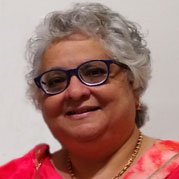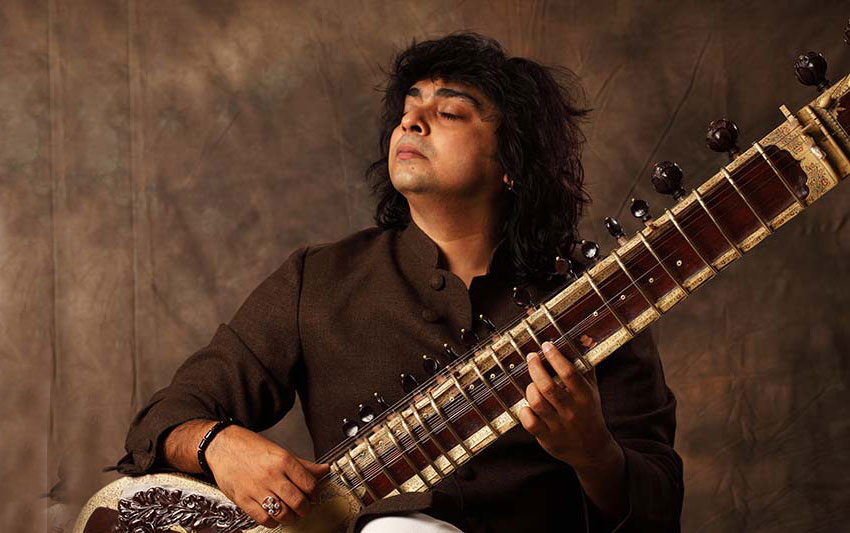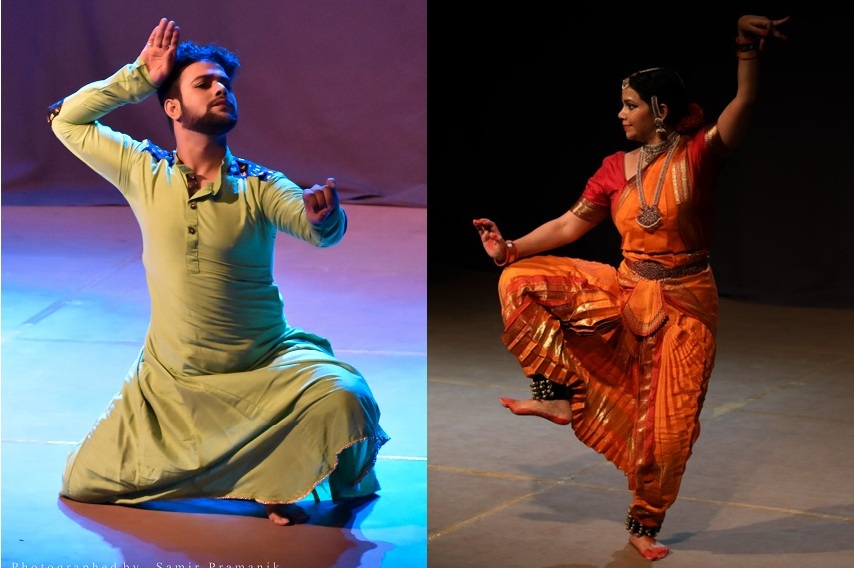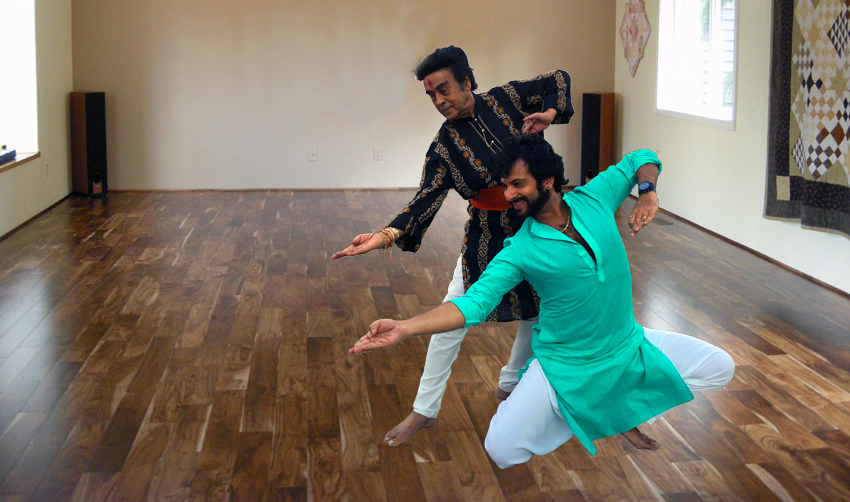Delhi’s eagerly awaited Classical Music Festival was held at a new more inclusive venue of Sunder Nursery. In its10th edition, this festival is organized by the Sahitya Kala Parishad, under the Delhi Government; the festival had some innovative artist choices and the lush green space in Sunder Nagar was ideal for outdoor concerts. Mercifully the pollution levels stayed down too.
The festival opened with none other than Ustad Amjad Ali Khan, accompanied by tabla players of the younger generation, Shariq Mustafa and Anuvrata Chatterji. The Ustad has played with both their fathers, Ustad Rashid Mustafa and Pt Anindo Chatterji, so this concert was special. The next artist was the doyen of the Jaipur Attrauli gharana, Vidushi Padma Talwalkar. The last concert, by Pt Jasraj had to be cancelled at the last minute due to ill health. Actually, two concerts per evening are more than sufficient and give the required time to the artists to present their art in a leisurely and unhurried manner. 40 minutes time, especially for a vocalist is not enough for a classical music presentation.
Apoorva Gokhale and her sister Pallavi Joshi are granddaughters of the great Pt Gajananrao Joshi. He had very expertly combined the singing styles of the Agra Jaipur Attrauli and Gwalior gharanas into a cohesive whole; his granddaughters are maintaining that tradition. Apoorva verbalized their happiness at the opportunity “I last sang in Delhi some 4-5 years ago, and this was our first concert as a duo. It is wonderful to get opportunities to sing at prestigious festivals like this; our generation too should get representation to follow in the footsteps of our elders, at big established festivals like the Delhi Festival. Several elders congratulated us after the concert saying we were maintaining the authentic ‘taalim’ of the Gwalior gharana nicely; it feels so good to be appreciated. My sister and I are continuing to learn; Pallavi goes to Pt Arun Kashalkar and Pt Ulhas Kashalkar, and I am learning very regularly from Pt Yashwant Mahale and Pt Shankar Abhyankar, though I have been learning from Pt Arun Kashalkar, Vidushi Manik Bhide ji and others. This concert went very well; even though ideally if one can bring one’s own accompanyists, there is an even greater comfort level on stage, as they know your music inside out. Of course, Vinod Lele ji on the tabla and Shama Kumar Bharati on the harmonium were excellent.”
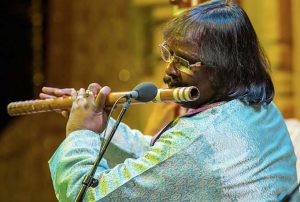
The next concert was by Delhi based Pt Rajendra Prasanna on the flute. Recently awarded the Sangeet Natak Akademi award, the flautist represents an old musical tradition from Banaras. The last concert was by another great artist who has made Delhi his own, dhrupad vocalist Ustad Wasifuddin Dagar. In conclusion, he presented a self-composed ode to Hazrat Nizauddin Auliya, in Raga Sohani, that he sang for the first time.
The final day of the festival surprisingly featured two singers from the Kirana gharana; one would have wished for their concerts on different days, not one after the other. Pt Kaivalya Kumar Gurav is a highly polished exponent of the gharana, who has worked extensively on voice culture. In a masterly presentation, he made optimum use of the limited 40 minutes at hand to present his wide-ranging mastery; a main Raga (Puriya Dhanashri) as well as an expertly rendered dadra and a bhajan. Shri Harish Tiwari who followed, with a voice with an almost uncanny resemblance to the voice of late Pt Bhimsen Joshi stuck to a more conventional portrayal of Kirana gayaki, lingering on the vilambit portion, in a Raga created by Pt Bhimsen Joshi, Kalashri. He too ended with a bhajan.
The eagerly awaited concert by Kaushiki Chakravorty was cancelled by her due to her experience the week before singing in Delhi’s polluted environs; she had suffered strain on her vocal cords. Concern for the environment was a theme during this festival, with the backdrop thoughtfully decorated with green plants instead of the oft-repeated miniature painting of a lady musician holding an instrument; this resonated with the largely young audience. The organizers presented indoor plants to each artist instead of flowers that wither; on the final day, representation from the US-based Earthday Network also lent its weight to highlighting concerns to combat air pollution.
The concluding concert was a dhrupad recital by Pt Umakant Gundecha, and with the recent death of his brother Ramakant, in his place, his young son Anant. The young singer adequately made up for his father, keeping pace in ‘theraav’ and technique with his uncle Umakant. His sure and sweet voice as yet lacks the depth of his uncle but one is confident with age, the voice will mature. The duo ended with a Kabir “pad” in Bhairavi, self-composed by the brothers. On the pakhawaj was the very able Pt Akhilesh Gundecha.




